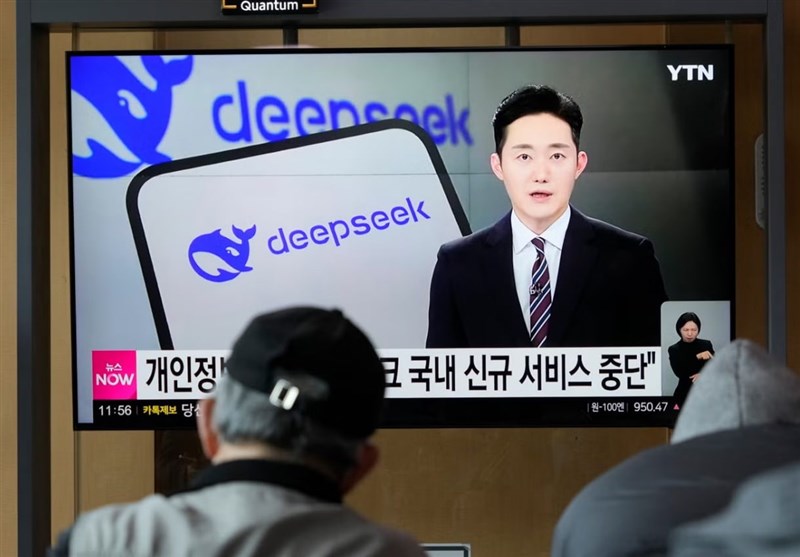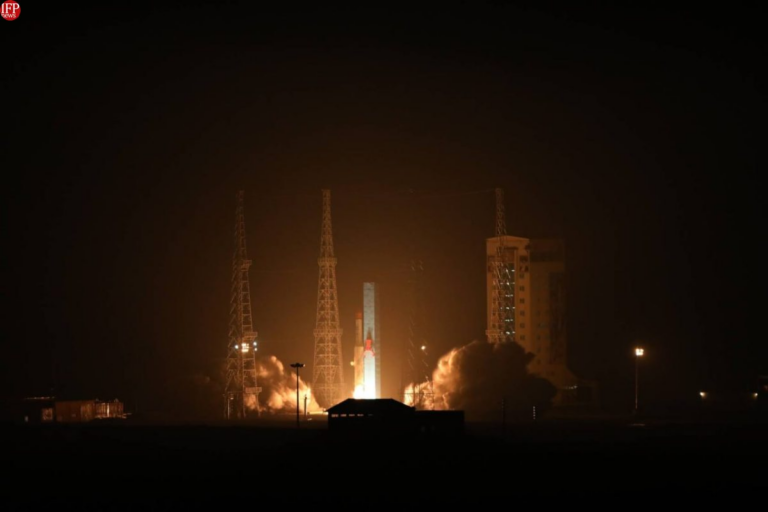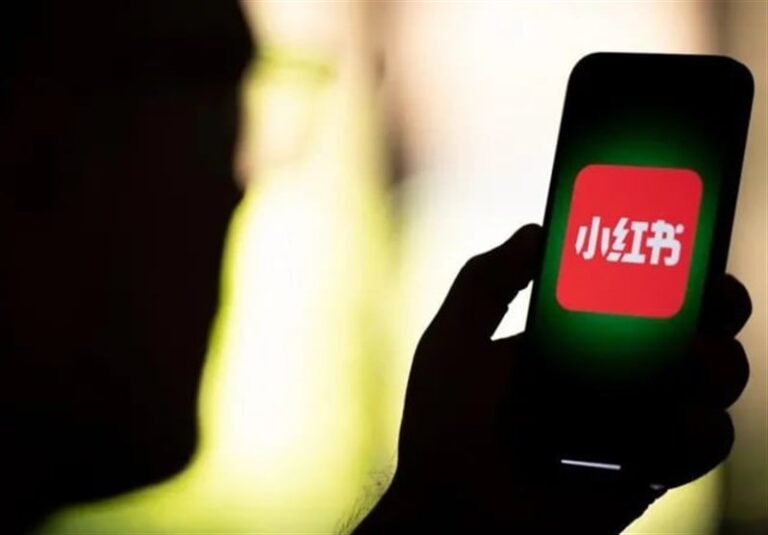DeepSeek Halts AI App Downloads in South Korea Amid Rising Privacy Concerns
In a significant development for the tech industry, Chinese artificial intelligence startup DeepSeek has decided to temporarily suspend downloads of its chatbot applications in South Korea. This decision comes as the company collaborates with local authorities to address rising concerns over user privacy.
According to officials from South Korea’s Personal Information Protection Commission, DeepSeek’s applications were removed from both Apple’s App Store and Google Play in the country. This action took place on Saturday evening, reflecting a growing focus on privacy in AI technology.
The company has committed to working closely with the commission to enhance its privacy protections before the apps can be reintroduced to the market. However, it is important to note that this move does not impact users who have already downloaded the DeepSeek app on their smartphones or those accessing it on personal computers.
Nam Seok, the director of the commission’s investigation division, has strongly advised South Korean users to take precautionary measures. He recommended that users either delete the app from their devices or avoid entering any personal information until the privacy concerns are fully addressed.
Several South Korean governmental agencies and private companies have responded to the situation by blocking access to DeepSeek on their networks or prohibiting employees from using the app for work-related purposes. These actions stem from concerns that the AI model may be collecting excessive sensitive data. Here are some key points regarding the privacy concerns surrounding DeepSeek:
- Lack of Transparency: The privacy commission found that DeepSeek exhibited a lack of transparency regarding third-party data transfers.
- Excessive Data Collection: Investigations revealed that the company may have gathered an excessive amount of personal information from users.
- User Base Estimates: While the commission has not provided a specific estimate of DeepSeek’s user base in South Korea, there have been significant usage statistics.
- Popularity of DeepSeek: A recent analysis from Wiseapp Retail indicated that approximately 1.2 million smartphone users in South Korea had utilized DeepSeek during the fourth week of January, positioning it as the second-most-popular AI model after ChatGPT.
As the investigation continues, the South Korean authorities are keen on ensuring that users’ personal information is adequately protected in the rapidly evolving landscape of artificial intelligence. This situation raises important questions about the balance between technological innovation and user privacy.
In light of these events, the future of AI applications like DeepSeek in South Korea may depend heavily on the outcome of this collaboration between the startup and the Personal Information Protection Commission. The emphasis on user privacy is likely to shape how AI companies operate, particularly in regions with stringent data protection regulations.
As the tech community watches closely, the case of DeepSeek serves as a stark reminder of the importance of privacy in today’s digital age. Companies operating in the AI space must prioritize transparency and user consent to build trust and comply with regulatory requirements.
Moving forward, it will be interesting to see how DeepSeek and similar companies adapt to the growing scrutiny surrounding data privacy. The actions taken by South Korean officials may set a precedent for other countries grappling with similar concerns. Stakeholders, including users, developers, and regulators, will need to engage in a continuous dialogue to ensure that technological advancements do not come at the expense of personal privacy.
In conclusion, the temporary halt of DeepSeek’s app downloads highlights a crucial intersection of technology and privacy concerns. As the company works to enhance its data protection measures, it serves as a pivotal case study on the responsibilities of AI developers in safeguarding user information. The resolution of this situation could influence how AI applications are perceived and regulated in the future, not just in South Korea, but globally.






